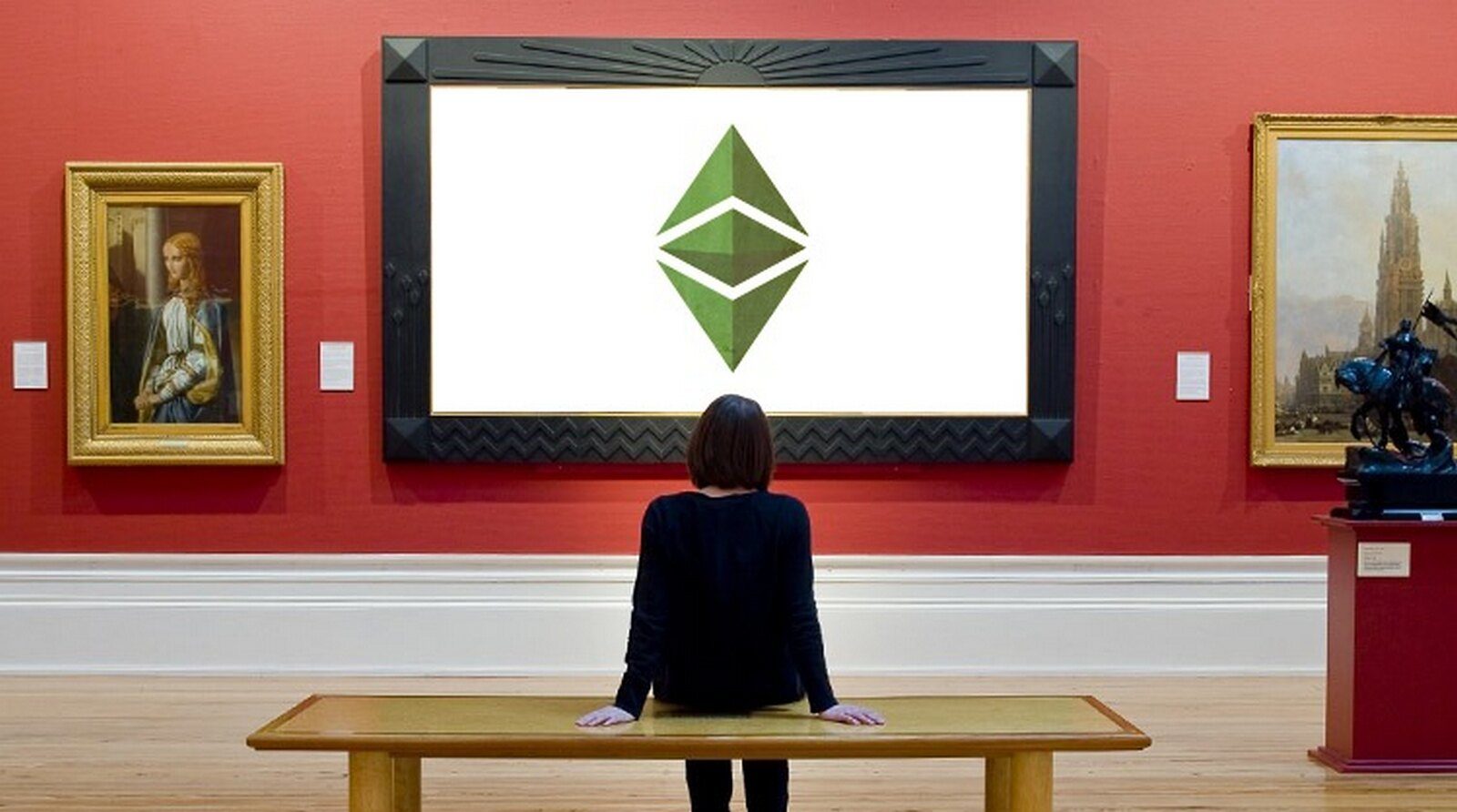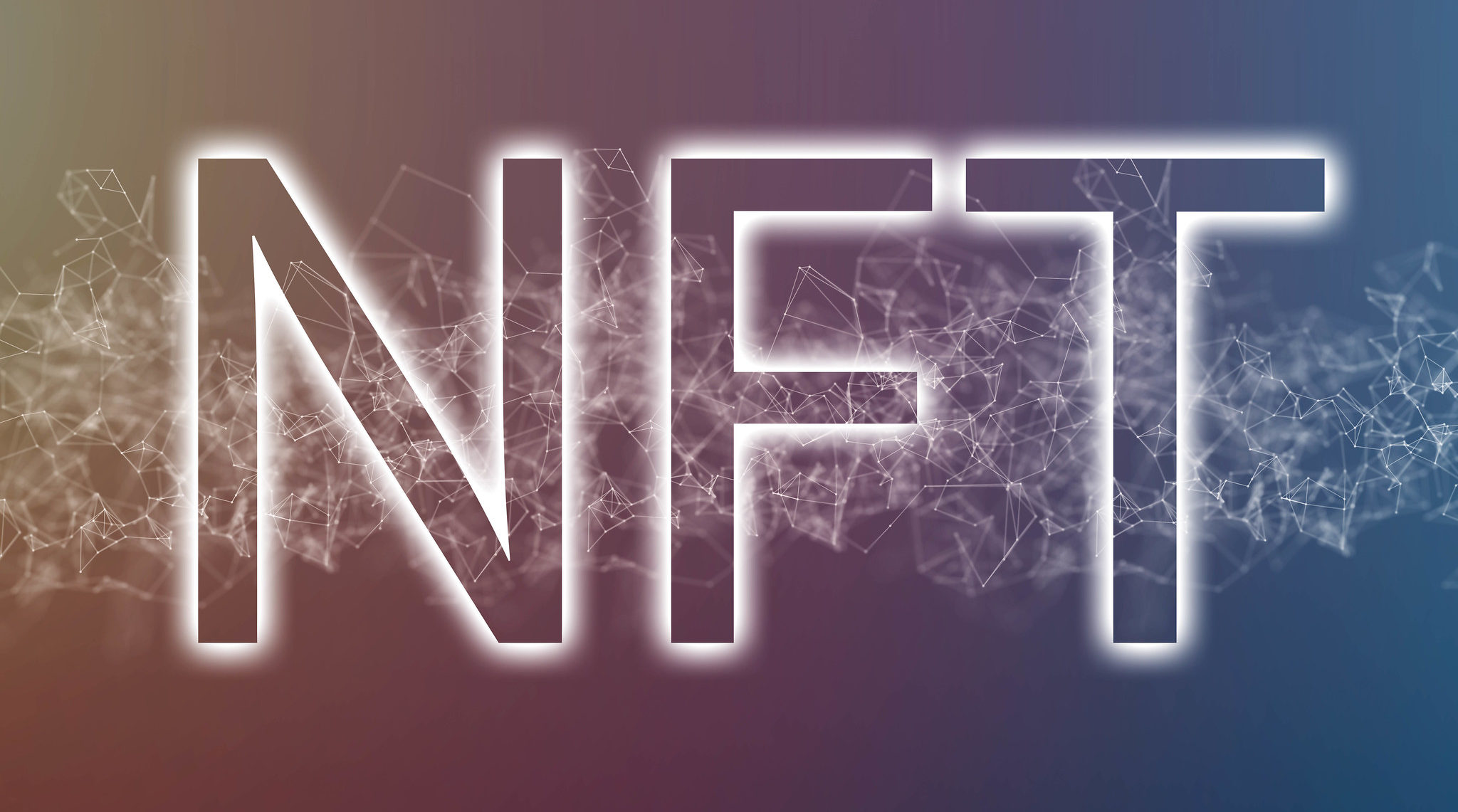Cryptocurrencies

What’s New? December 2024
Autumn Budget infotech initiatives As part of its first Budget, the government announced £20.4 billion of investment for research and development projects in the UK, in an effort to drive economic growth. A portion of this will undoubtedly fund artificial intelligence (AI) projects, and to help lay the framework for AI development the government: “will […]
Read More
Web3: blockchain, cryptocurrencies, NFTs – where will it end?
There’s a buzz currently around Web3. “What’s that?”, you ask. You’ve doubtless heard of cryptocurrencies and perhaps now also about blockchain and NFTs. These are all part of the same picture, but how do they relate to each other and where will they lead us? The 1-2-3 of the web Web 1.0 was the term […]
Read More
What are non-fungible tokens?
Non-fungible tokens (NFTs) are part of the Ethereum blockchain. Ethereum is a cryptocurrency (like Bitcoin), but in addition to supporting the market value of the currency, NFTs have been designed also to store their own totally unique digital information. Although this information could take almost any form – designs, music, serious collectables – by far the greatest […]
Read More
Facebook’s Libra under the regulatory spotlight
“This project contains risks of abuse of dominant position, risks to sovereignty and risks for consumers and for companies” (Bruno Le Maire, French Finance Minister) In June Facebook announced to much public fanfare that it intends to roll out a new digital currency called Libra for use in 2020, allowing its users across the globe […]
Read More
Cryptocurrencies explained
Cryptocurrencies are a form of decentralised digital currency based on principles of cryptography. They use blockchain technology which is essentially a cryptographically secured method of recording data transactions which cannot be altered retroactively (see What is the blockchain?). Complicated mathematical equations need to be solved in order to generate each unit of the currencies, a […]
Read More
What is Bitcoin?
Bitcoin refers to a type of digital currency known as a cryptocurrency, as well as the peer-to-peer system on which it relies. Bitcoin describes itself as “an innovative payment network and a new kind of money”. Cryptocurrencies are based on principles of cryptography and generally entail complicated mathematical equations which need to be solved in […]
Read More